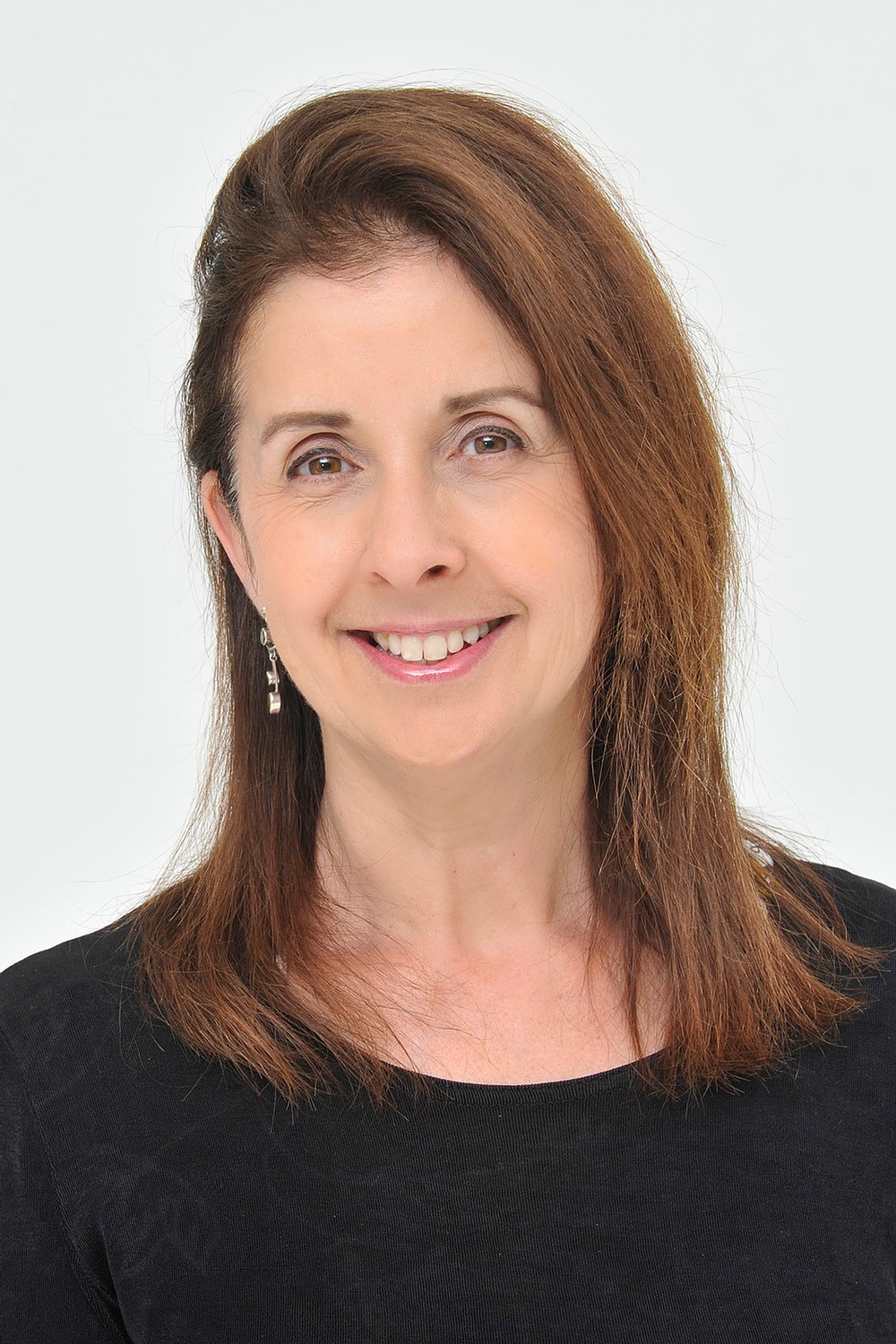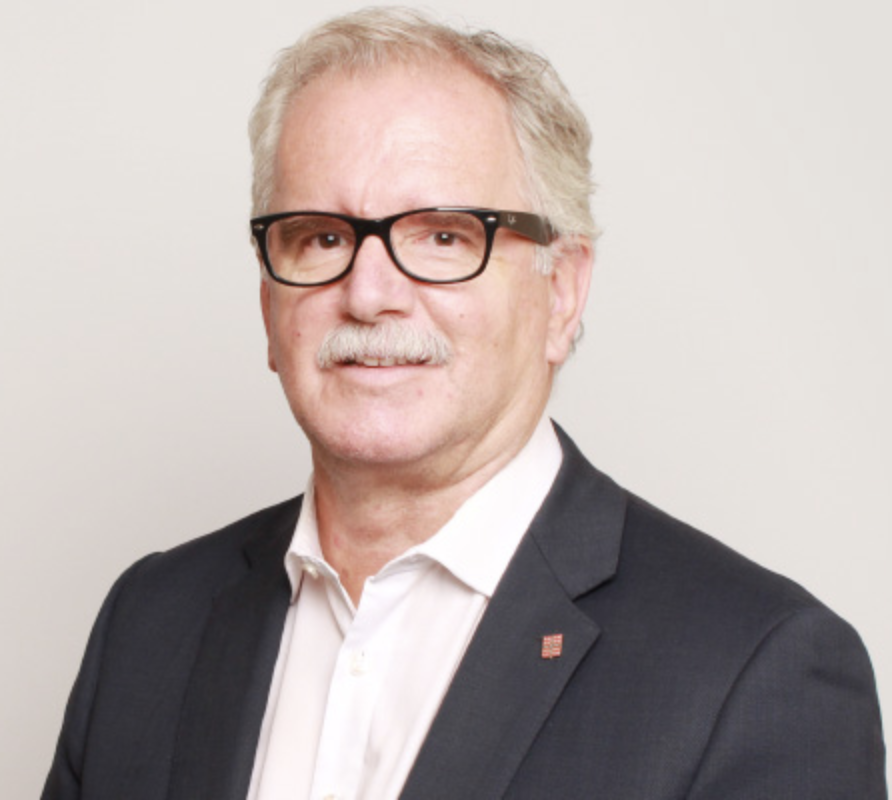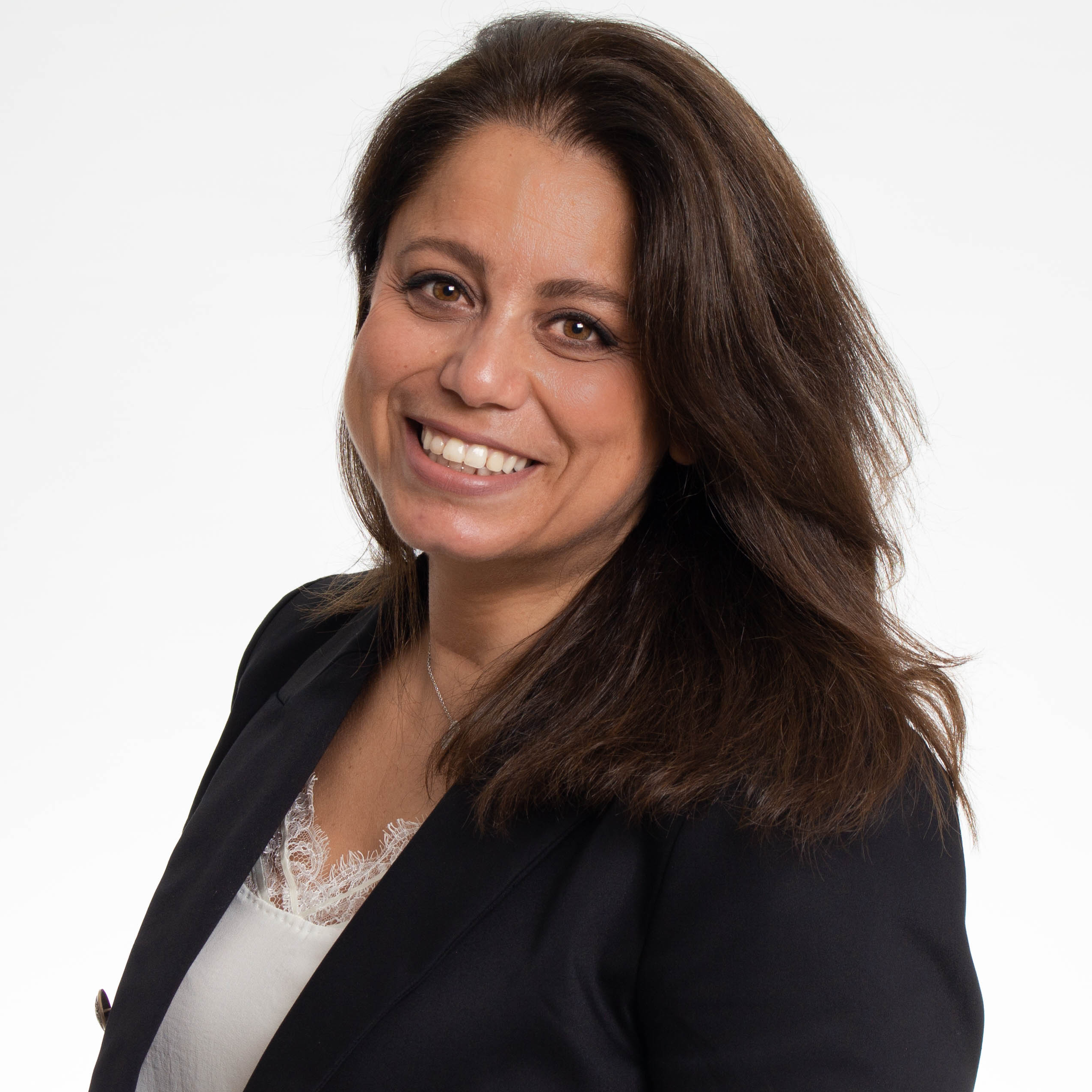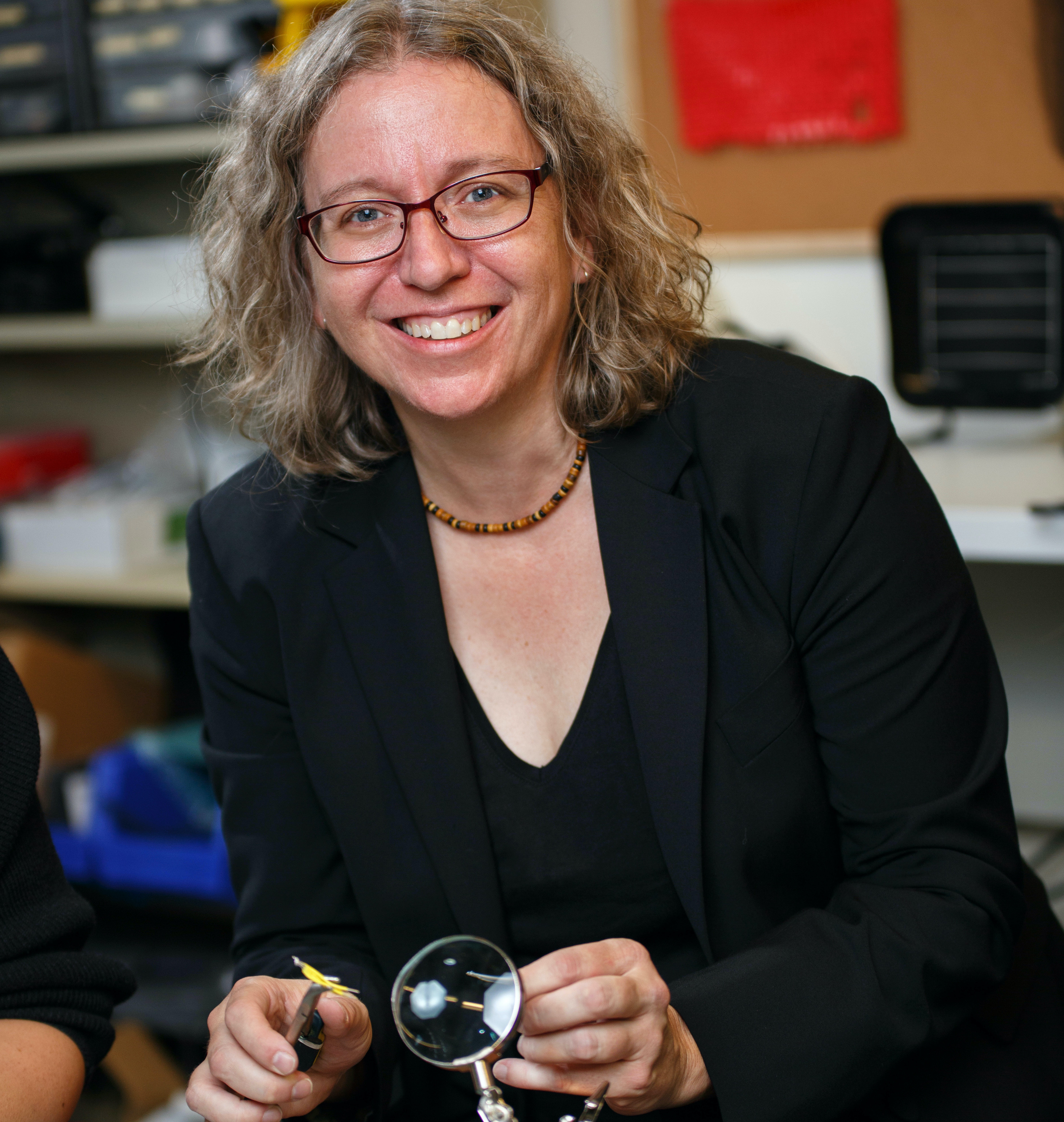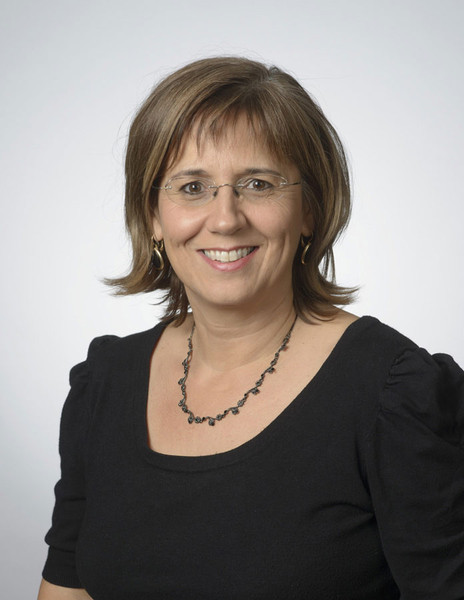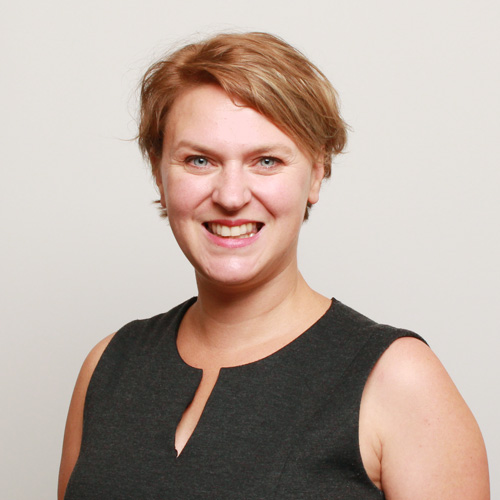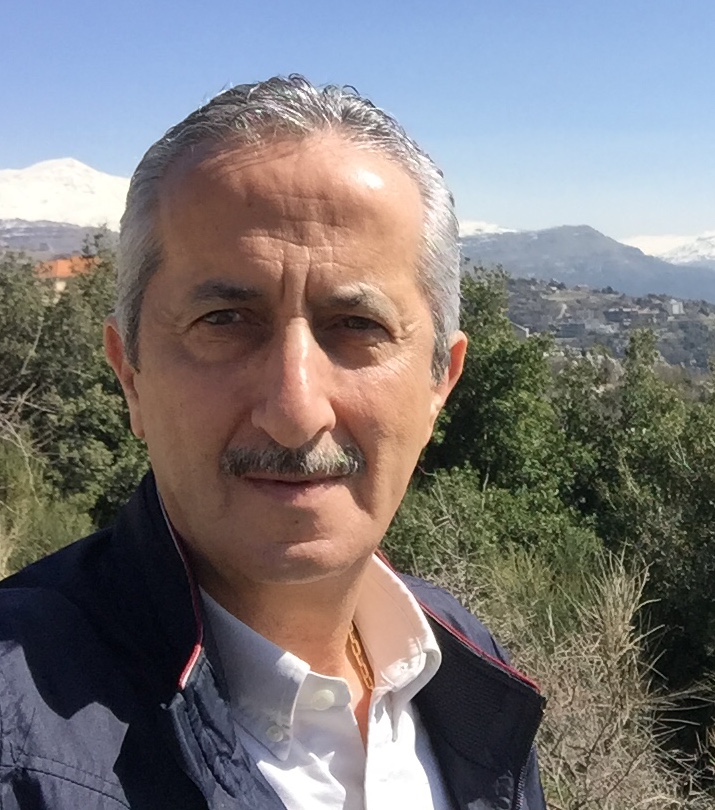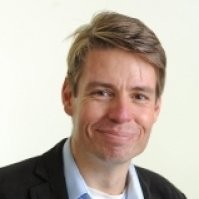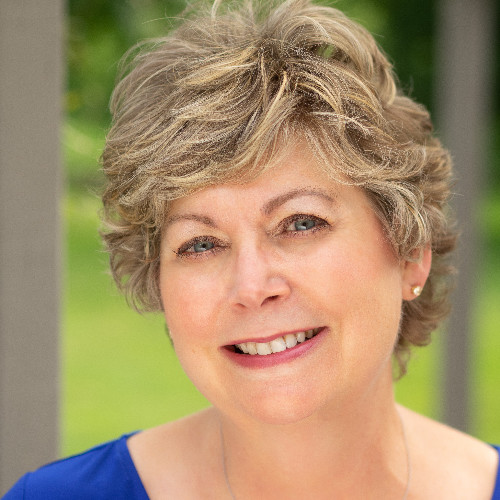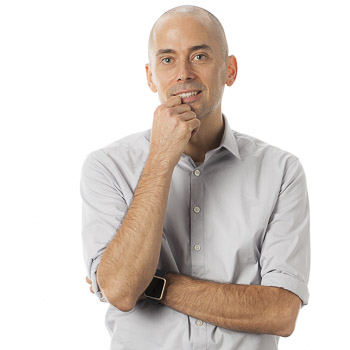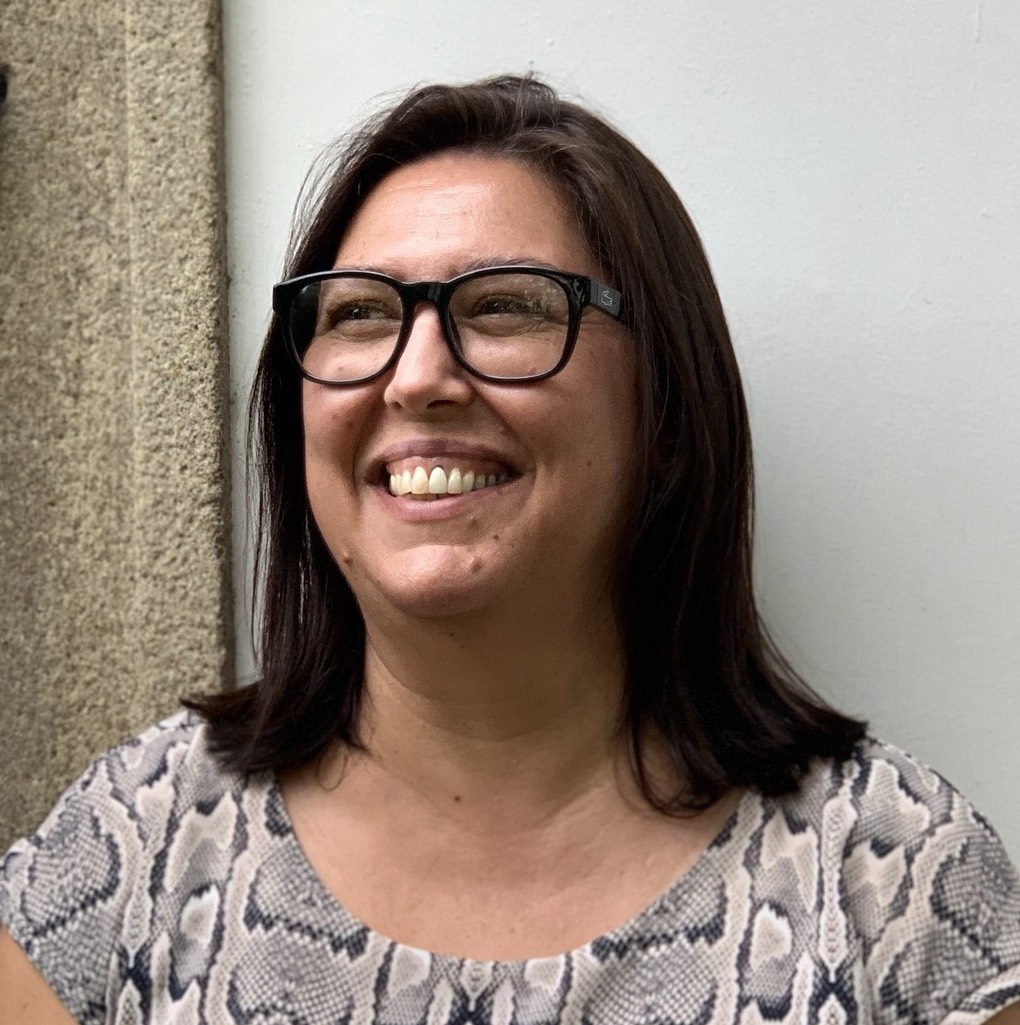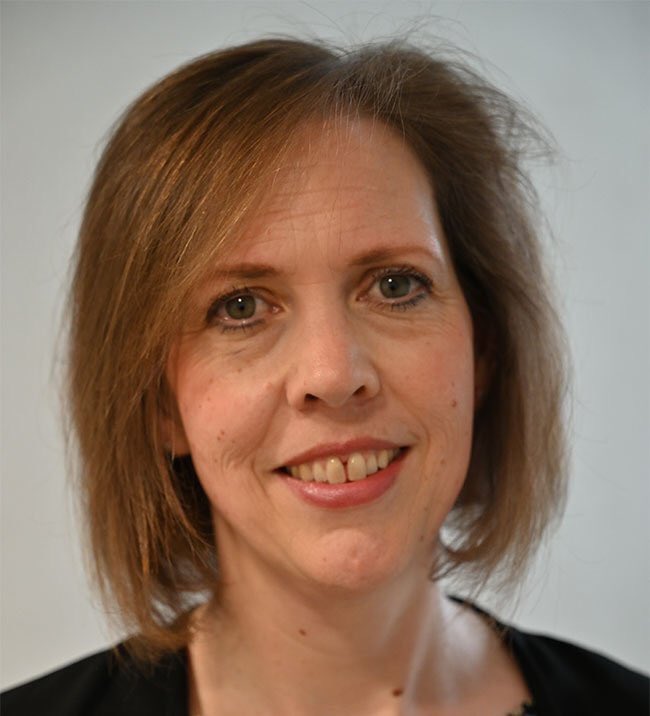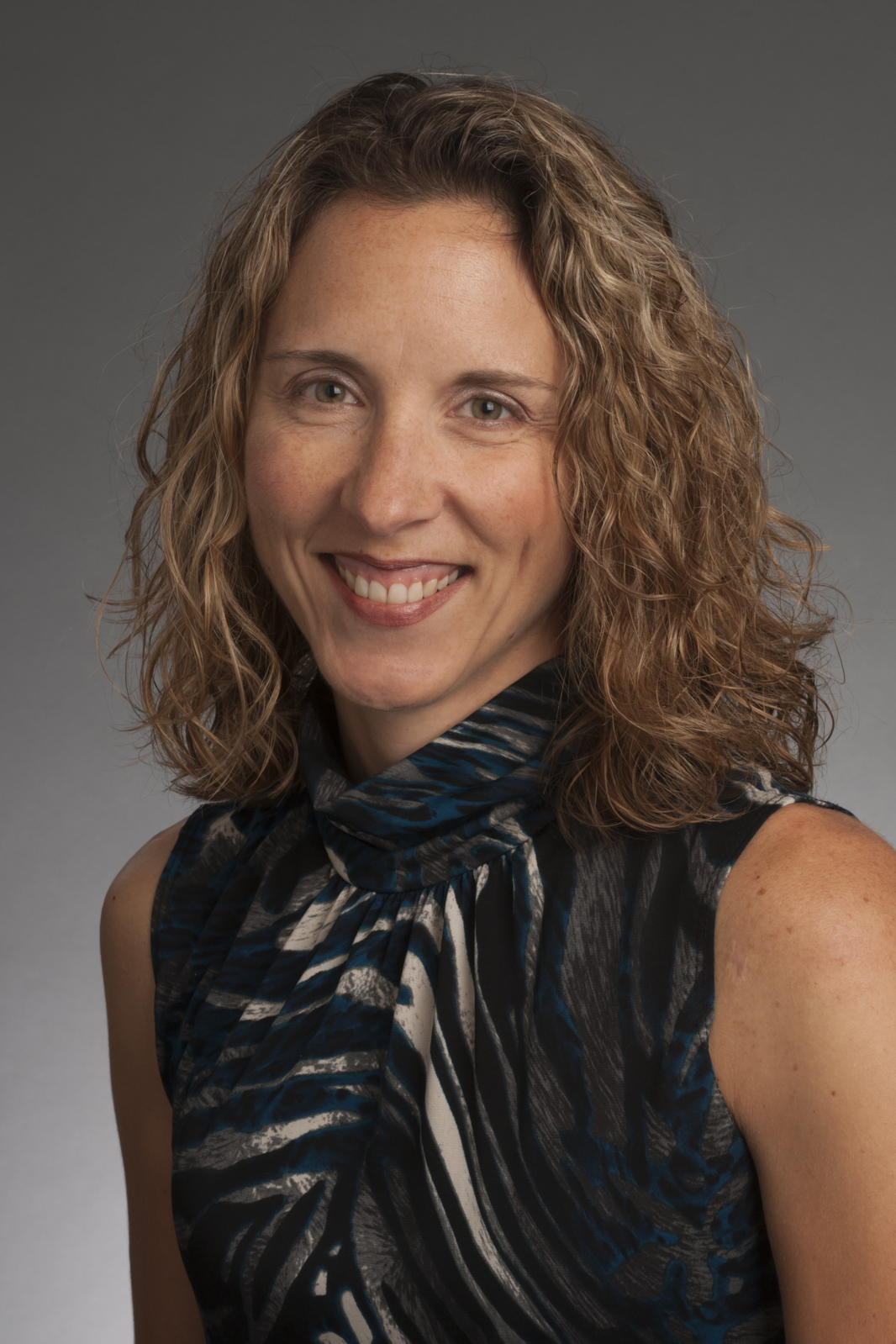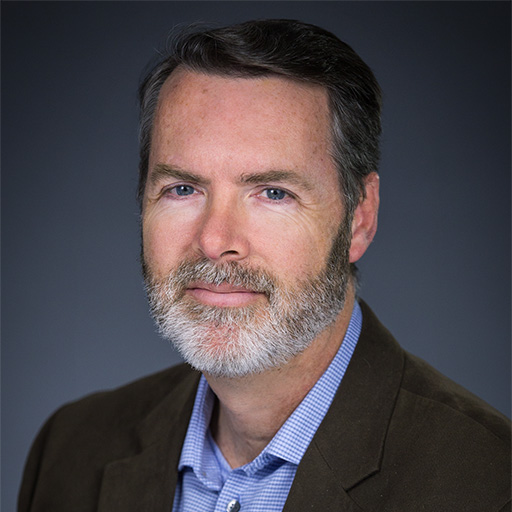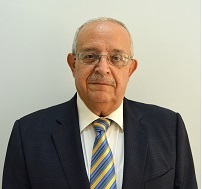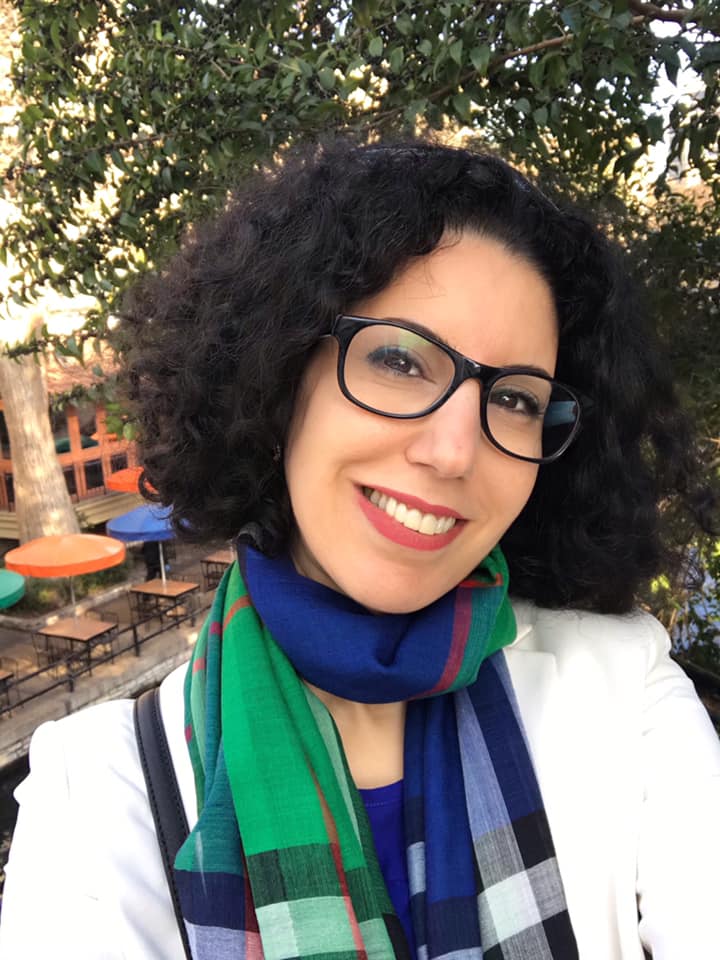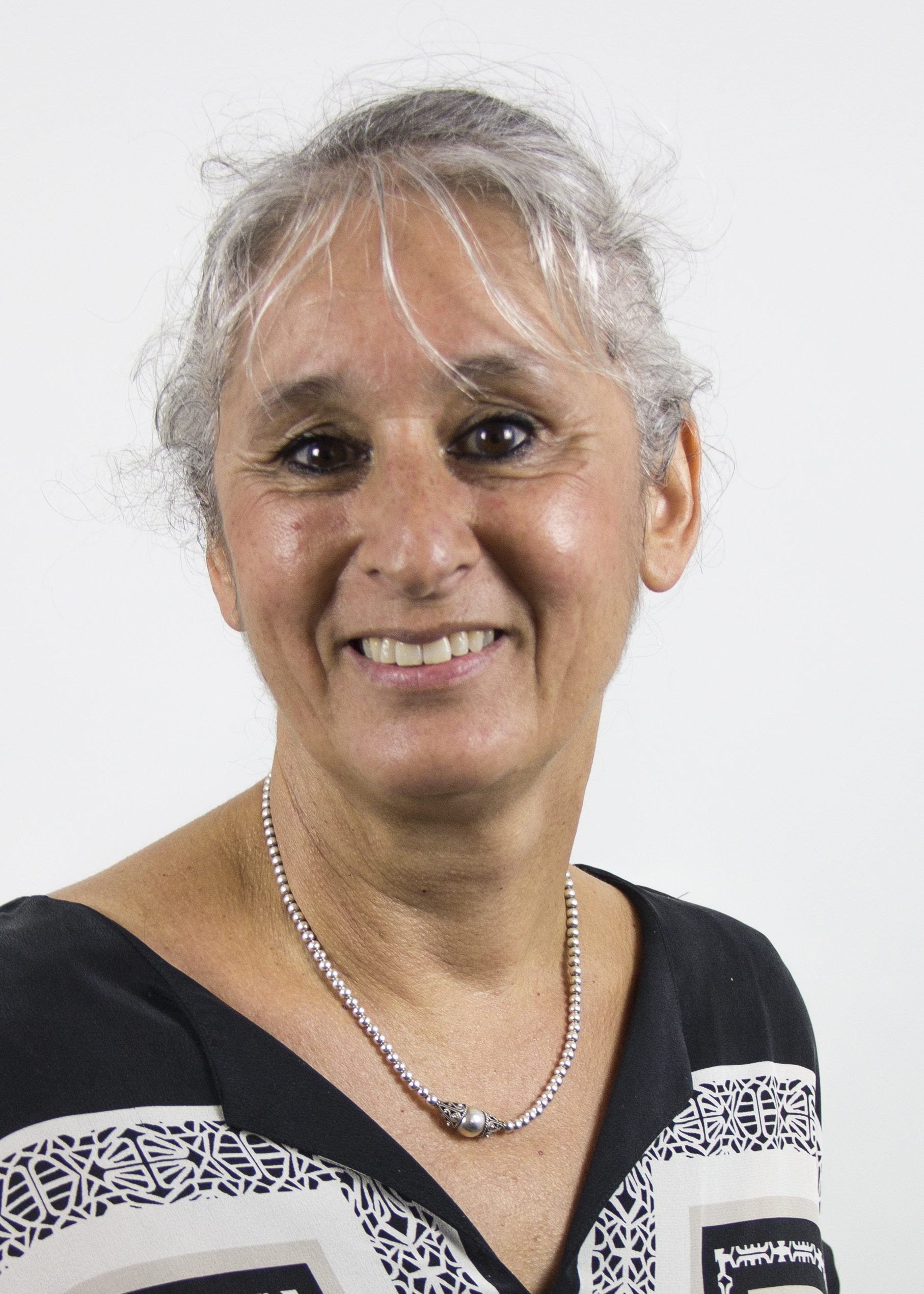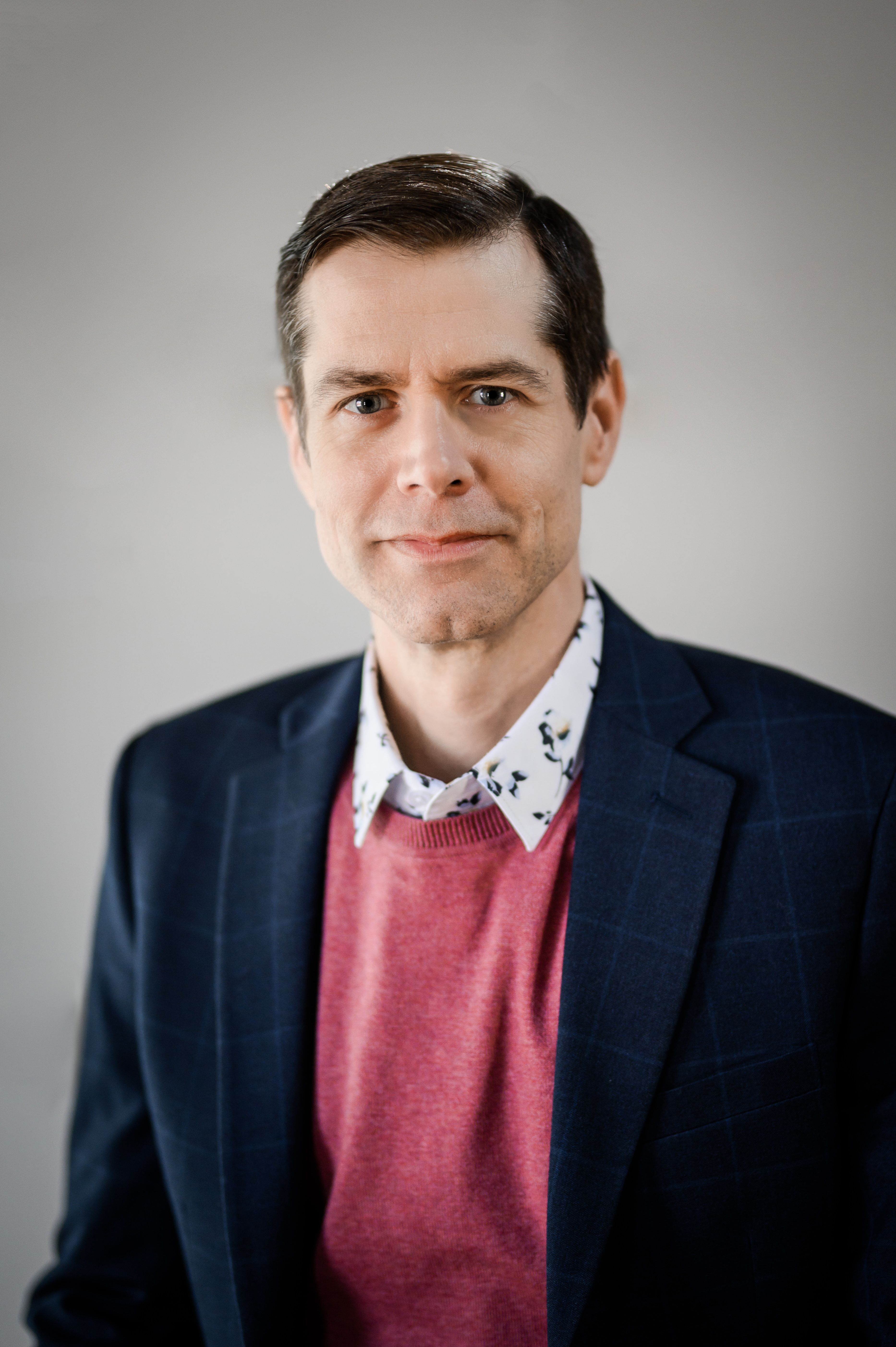Online Symposium: Leading the Future of Higher Ed – Planning for Sustainability
À la suite de la publication du Livre-blanc Perturbation dans et par les bureaux de soutien à l’enseignement pendant la pandémie COVID-19 – Innover pour l’avenir de l’enseignement supérieur la Chaire de leadership en enseignement (CLE) sur les pratiques pédagogiques innovantes en contexte numérique – Banque Nationale dont est titulaire la professeure Nadia Naffi et l’OBVIA ont co-organisé le symposium en ligne « Leading the Future of Higher Ed – Planning for Sustainability ». L’objectif était de discuter des mesures concrètes, présentes et futures, compte tenu de l’incertitude imposée par la pandémie COVID-19 avec 18 experts et décideurs clés de l’enseignement supérieur du Canada, des États-Unis, du Royaume-Uni et du Liban.
Cette activité a été organisée en collaboration avec la Chaire de recherche « Maker Culture » de l’Université Concordia, et modérée par Ann-Louise Davidson, Université Concordia, Richard E (Dick) Clark, University of Southern California, Dawn M. Snyder, Dawn Snyder Associates, Franklin University et The Ohio State University, et Brian Beatty, San Francisco State University.
Mots de bienvenue / Welcoming Notes
Executive Director of the International Observatory on the Societal Impact of AI and Digital Technology (OBVIA)
Doyen de la faculté des sciences de l’éducation à l’Université Laval
Holder of the Chair in Educational Leadership (CLE) in Innovative Pedagogical Practices in Digital Contexts – National Bank at Université Laval
Perturbation dans et par les bureaux de soutien à l’enseignement pendant la pandémie de la COVID-19
Disruption in and by Centres for Teaching and Learning During the COVID-19 Pandemic
Dr. Nadia Naffi is an Assistant Professor of Educational Technology in the Department of Teaching and Learning Studies at the Faculty of Education and holder of the Chair in Educational Leadership (CLE) in Innovative Pedagogical Practices in Digital Contexts – National Bank at Université Laval. She holds a doctorate in education (educational technology) and a master’s degree in educational technologies from Concordia University, as well as a bachelor’s degree in interior design from The Lebanese American University. She was awarded the Governor General’s Gold Medal of Canada – Individual and Society 2018 for the excellence of her doctoral thesis. Naffi is also the recipient of the SALTISE 2019 Best Practices & Pedagogical Innovators Award. Naffi has taught online and face-to-face courses in the areas of digital media, instructional design, human performance technology (HPT), distance education, social technologies and the socio-cultural aspects of learning, consulting in edtech, and qualitative research methods at Ontario Tech University and Concordia University. She currently teaches multimodal courses in educational technology at Université Laval. As Chairholder, Naffi one focus of her research is the ethical, critical, responsible and sustainable application of disruptive technologies such as artificial intelligence in education, training, talent development and upskilling and reskilling of the future and current workforce for the future of work.
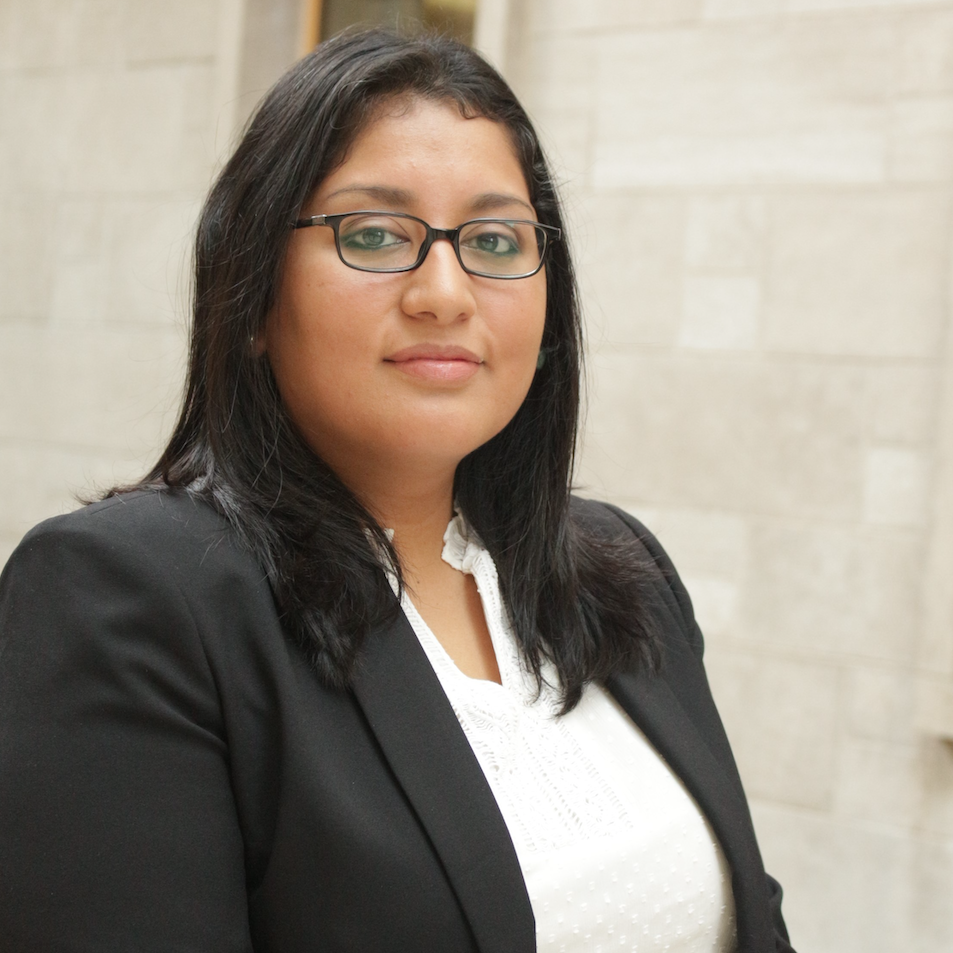
Azeneth Patino
PhD Candidate in the Educational Technology program at Université Laval
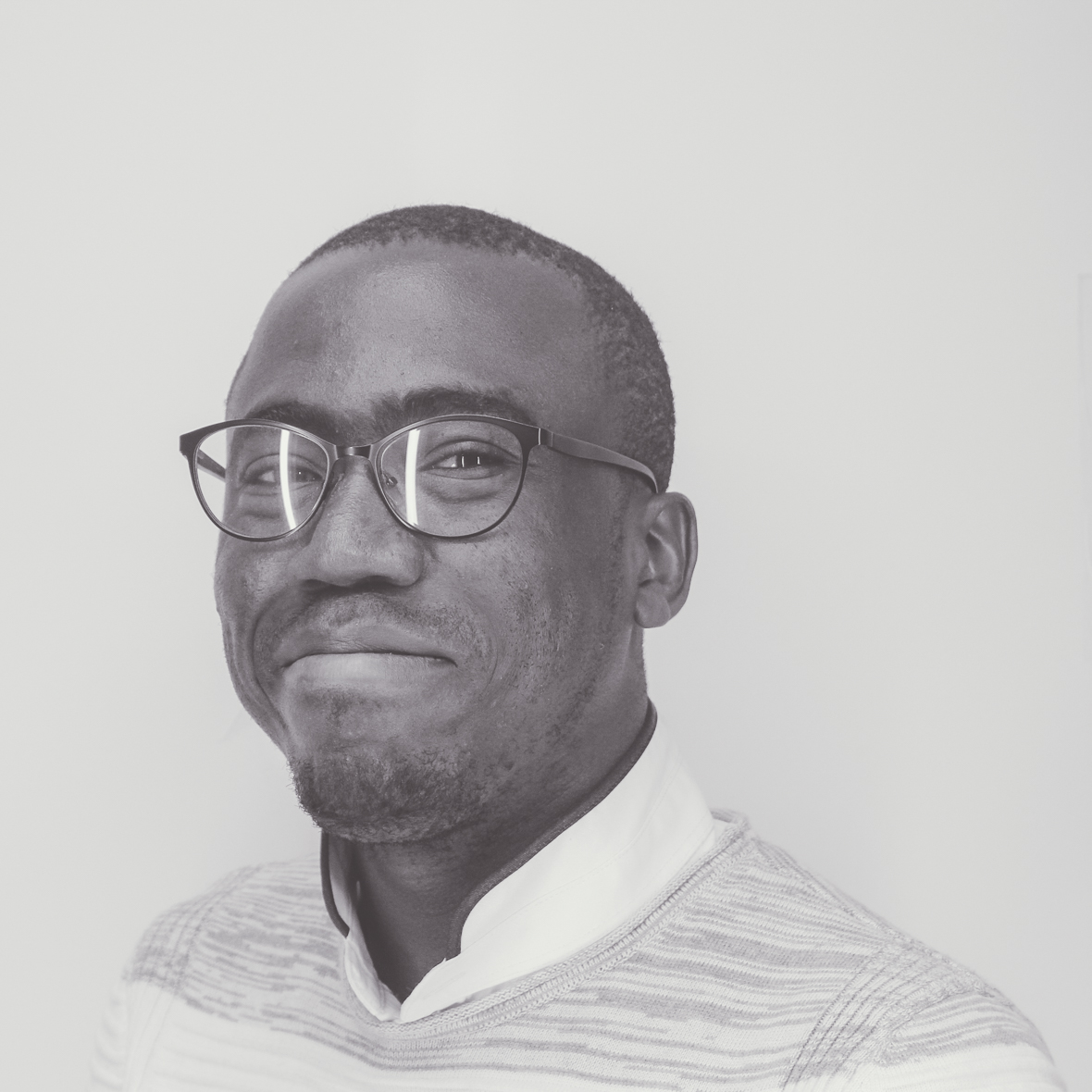
Edem Gbetoglo
MA student in the Administrative Sciences at Université Laval

Nathalie Duponsel
PhD Candidate in the Educational Technology program at Concordia University

Ivan Ruby
PhD Candidate in the Educational Technology program at Concordia University
Après le grand dérangement de la COVID-19, comment assurer une éducation de qualité et la pertinence des évaluations?
Dr. Ann-Louise Davidson est professeure en Technologies Éducatives à l’Université Concordia, chaire de recherche en culture « maker » et co-directrice de l’Institut Milieux pour l’art, la technologie et la culture. Ses recherches se penchent sur l’apprentissage expérientiel et les communautés de pratique qui se créent autour des technologies « open-source » au sein du mouvement « maker » (faites-le-vous-même). Elle s’intéresse aussi aux approches pédagogiques innovatrices en ligne et en mode présentiel.
Dr. Julie Desjardinsest professeure titulaire et vice-doyenne à la formation à la Faculté d’éducation de l’Université de Sherbrooke. Détentrice d’un Ph. D. en éducation de l’Université de Montréal et d’un MBA pour cadres en exercices de l’Université Laval, ses travaux portent sur les programmes de formation visant le développement de compétences professionnelles où elle s’intéresse aux dimensions pédagogiques, mais aussi organisationnelles et sociales. Dans le cadre de ses fonctions actuelles, elle assume la responsabilité facultaire de tous les programmes de formation à visée professionnelle et est aussi responsable de l’équipe communication de la Faculté d’éducation.
Nicolas Gagnon est directeur du Service de soutien à l’enseignement à Université Laval. De plus de 20 ans, ses travaux de recherche et réalisations pratiques portent sur la formation à distance en éducation supérieure, l’innovation pédagogique, la transformation organisationnelle, le déploiement d’infrastructures numériques au service de l’enseignement et de l’apprentissage.
Dr. Florian Meyer est professeur agrégé en intégration des technologies en enseignement au département de pédagogie de la faculté d’éducation de l’Université de Sherbrooke et responsable du Pôle d’Innovation Technopédagogique de la Faculté d’éducation (https://www.usherbrooke.ca/poleduc/). Ph. D en science de l’éducation, à l’Université de Montréal en 2010. Ses intérêts scientifiques et pédagogiques portent sur la formation technologique des enseignants à des fins éducatives, la conception pédagogique, l’utilisation de vidéos pour la formation des enseignants, des environnements d’apprentissage numériques et e-portfolios ou encore l’intégration du numérique dans les pratiques de formation des enseignants.
Dr. Annie Pilote est sociologue de l’éducation et vice-doyenne à la Faculté des sciences de l’éducation de l’Université Laval. Elle s’intéresse aux parcours étudiants, aux inégalités sociales et scolaires, à l’équité en éducation ainsi qu’aux minorités linguistiques et ethnoculturelles. Ses recherches actuelles portent sur les inégalités dans l’enseignement supérieur, sur les parcours des étudiants issus de l’immigration et l’éducation autochtone.
How to Support Faculty to Continue to Develop as the Best Instructors Possible for the Post-COVID Era?
Dr. Richard (Dick) Clark is Professor Emeritus of Educational Psychology and Technology in the Rossier School of Education, Clinical Research Professor of Surgery in the Keck School of Medicine and former Co-Director of the Center for Cognitive Technology at the University of Southern California. Before coming to USC, he was a faculty member in the School of Education and director of educational technology at Stanford University. He is the author of over 300 published articles and book chapters as well as five recent books. In recent years he has received the 2013 USC Faculty Lifetime Achievement Award, the Thomas F. Gilbert distinguished professional achievement award and a Presidential Citation for Intellectual Leadership from ISPI, the Socrates award for excellence in teaching from the graduate students at USC and the Outstanding Civilian Service Award from the U. S. Army for his work in distance learning. He is an elected Fellow of the American Psychological Association (Division 15, Educational Psychology), the American Educational Research Association, the Association of Applied Psychology and is a Founding Fellow of the Association for Psychological Science. His current interest is in evidence-based practice in online and technology-based instruction.
Dr. Fawzi Baroud is UNESCO Chair on Open Educational Resources (OER), and Assistant Vice President-Information Technology at Notre Dame University- Lebanon. Over a period spanning 30 years, Dr. Fawzi Baroud has been engaged in promoting technology as a pedagogical tool tied to meeting educational objectives and assessment of learning outcomes in higher education. Specialized in eLearning, systems management, mathematics and electrical engineering, he combines numerous areas of academic expertise for advancing the use of technology in different curricular content areas. As champion of open education on campus, Dr. Baroud has made the integration of Open Educational Resources (OER) a key strategic goal of the University. He conducts seminars and hands-on workshops on open education and open licensing at leading higher education institutions and has become a reference point on the subject.
Dr. David J Hornsby is the Associate Vice-President (Teaching and Learning) and a professor in Carleton’s Norman Paterson School of International Affairs. His research interests include pedagogy in higher education, science in the international political economy and Canadian foreign policy in Africa. He has a strong interdisciplinary research record, having published in both the biological and social sciences. A well-respected educator, Hornsby has received teaching awards and has taken a research-based approach to teaching.
Richard Pinet is Director of the Centre for Innovative Pedagogies and Digital Learning within the Teaching and Learning Support Service at the University of Ottawa. Over the last 17 years the Centre has been awarded 14 regional and national e-learning awards. Richard has served as a board member of the Ontario Council for University Lifelong Learning (OCULL), a member of Education City’s Education Principles Committee. He is also the co-founder of the Ontario Universities Council on e-Learning (OUCeL). Richard’s background is in Communication (Media Studies, Organizational Communications and Critical Pedagogy). He has taught at the University of Ottawa, Simon Fraser University, Trent University and the University of Western Sydney.
Dr. Bart Rienties is Professor of Learning Analytics and head of Academic Professional Development at the Institute of Educational Technology at the Open University UK. As Associate Director he leads a group of academics who provide university-wide academic professional development and innovation courses and conduct evidence-based research of how professionals learn. As educational psychologist, he conducts multi-disciplinary research on work-based and collaborative learning environments and focuses on the role of social interaction in learning, which is published in leading academic journals and books. His primary research interests are focussed on Learning Analytics, Professional Development, and the role of motivation in learning. Furthermore, Bart is interested in broader internationalisation aspects of higher education. He has successfully led a range of institutional/national/European projects and has received a range of awards for his educational innovation projects.
Dr. Laura Winer is the Director of Teaching and Learning Services (TLS) (www.mcgill.ca/tls) and Associate Professor (Professional) in the Department of Educational and Counselling Psychology at McGill University. TLS has been at the centre of McGill’s pivot to remote teaching, providing critical support for instructors and students. In ordinary times, TLS oversees many University-wide initiatives, including the design and redesign of classrooms and teaching labs, faculty development programs, student professional skills development, the use of technology in teaching and learning, the development of McGill’s fully online programs, and policy development. In addition to leading the TLS team, she has published extensively in the field of Scholarship of Teaching and Learning, has received numerous grants, and collaborates extensively. Laura has earned many distinctions and awards, including the 2020 Lifetime Achievement award from SALTISE (Supporting Active Learning & Technological Innovation in Studies of Education).
How to Lead Centres for Teaching and Learning to Keep Higher Education Moving Forward: Changes and New Opportunities
Dr. Dawn M. Snyder, CPT, Prosci CCMP is the founder of Dawn Snyder Associates, a firm that consults on learning strategies, curriculum architecture, performance assessment and evaluation. Dawn has a proven track record of bringing practical, cutting-edge solutions to organizations who want to take performance to the next level. She helps these organizations achieve results by combining contemporary evidence-based best practices from a variety of disciplines, including learning and talent development, performance improvement and change management. She is the go-to consultant for initiatives that impact global learning and performance and talent development. Dawn has also worked within organizations as a manager and change agent to build high-performing teams and programs that achieve transformative business results. She is recognized as an expert on analyzing what “good” looks like and helping groups at all levels push past barriers and achieve dramatic market, revenue and business success. She is passionate about supporting emerging talent and has worked in universities and corporations to build curricula and teach in programs that credential high-performing individuals. She serves on the Advisory Board of the Doctor of Professional Studies in Instructional Design Leadership at Franklin University and regularly teaches in doctoral programs at Franklin University and The Ohio State University.
Dr. Barbar Akle is Associate Professor of Mechanical Engineering and the Assistant Provost of the Lebanese American University (LAU). He holds a PhD in Mechanical Engineering from Virginia Tech. His main research is focused on improving, modeling, and characterizing Electro-Active Polymers (EAP) that are also known as artificial muscles. His work led to better understanding of Ionic Polymer Metal Composites (IPMC) and to the development of applications such as robotic jellyfish, wall shear stress sensors, and currently working on developing Inner Ear Hair Cell sensors for the hearing disabled and highly efficient buoyancy engines. Recently, he is leading a new research to develop a low cost and healthy exoskeleton system for the paralyzed and working with CERN to develop magnetic field resistant robots. He has published more than 80 peer-reviewed international articles and authored 5 US patents.
Dr. Robert Cassidy is Director of the Centre for Teaching and Learning and Affiliate Assistant Professor in the Department of Education at Concordia University in Montreal, Quebec. He earned his PhD in Neuroscience from Georgetown University and has published extensively on brain development and regeneration in adults. He has taught cognitive and education psychology at Concordia University, McGill University and Dawson College. His current scholarly interests include the social processes of pedagogical innovation in higher education; change theories and obstacles to change in higher education; and complex systems approaches to university teaching and professional learning.
Dr. Ana-Paula Correia is an associate professor of learning technologies and the director of the Center on Education and Training for Employment at The Ohio State University, Columbus, Ohio, USA. She has more than 25 years of experience in learning design and instructional systems technology. Specifically, her expertise in distance education, online and mobile learning, collaborative learning and entrepreneurial educational approaches have been published in over 55 journals and books. She has been involved with research projects funded by Bill and Melinda Gates Foundation, National Institutes of Health, National Science Foundation, U.S. Department of Agriculture, Pappajohn Center/Kauffman Foundation and U.S. Department of Education.
At The Ohio State University, Correia leads the Learning and Experience Design Research Group, a group dedicated to investigating learning design processes and pedagogies to create deep learning at The Ohio State University.
Correia earned her Ph.D. in Instructional Systems Technology from Indiana University-Bloomington, Indiana, USA. For more information:https://www.ana-paulacorreia.com/
Dr. Moira Fischbacher-Smith is Professor of Public Management and Vice Principal Learning & Teaching at the University of Glasgow. She has responsibilities in relation to strategy and policy development for learning and teaching, and in relation to learning enhancement. She is a member of the Board that is developing a new Learning and Teaching Hub on the University’s main campus. Moira’s teaching and research interests are in partnership working, interorganisational networks and strategy and organisation, in particular within health and social care settings. She is a Chartered Manager and Principal Fellow of the HEA (PFHEA).
Dr. Teresa Focarile is the Assistant Director for Educational Development for Boise State’s Center for Teaching and Learning, and currently serves as the Center’s Interim Administrative Director. She has worked in faculty development since 2014, during which time she has worked on a variety of Center and University-wide programs, including Program Assessment Reporting, adjunct and online faculty support programs, and this summer’s Flexible Teaching for Student Success Initiative. She has taught at the college level for 16 years, the past ten for Boise State, and the previous six for the University of Connecticut. Her scholarly work has focused on best practices for supporting adjunct faculty. In addition to her teaching positions, Teresa has worked at Marvel Enterprises, Inc., where she developed the company’s first Talent Recruitment office. Her professional theatrical work includes positions at The Gersh Agency, Helen Merrill Ltd., The Public Theater/New York Shakespeare Festival and The Goodman Theatre.
How to Forge an Equitable Future for Higher Education from Our Present Chaos?
Dr. Brian Beatty is Associate Professor of Instructional Technologies in the Department of Equity, Leadership Studies and Instructional Technologies at San Francisco State University. Brian’s primary areas of interest and research include social interaction in online learning, flipped classroom implementation, and developing instructional design theory for Hybrid-Flexible learning environments. At SFSU, Dr. Beatty pioneered the development and evaluation of the HyFlex course design model for blended learning environments, implementing a “student-directed-hybrid” approach to better support student learning. Previously (2012 – 2020), Brian was Vice President for Academic Affairs Operations at San Francisco State University (SFSU), overseeing the Academic Technology unit and coordinating the use of technology in the academic programs across the university. He worked closely with IT professionals and leaders in other units to coordinate overall information technology strategic management at SFSU. Prior to 2012, Brian was Associate Professor and Chair of the Instructional Technologies department in the Graduate College of Education at SFSU. He received his Ph.D. in Instructional Systems Technology from Indiana University Bloomington in 2002. Dr. Beatty also holds several CA single-subject teaching credentials, an M.A. in Instructional Technologies and a B.S. in Electrical Engineering.
Dr. Saouma Boujaoude graduated from the University of Cincinnati, USA in 1988 with a doctorate in science education. Between 1988 and 1993 he was Assistant Professor at Syracuse University, Syracuse, USA. In 1993 he joined the American University of Beirut (AUB) where he served as Director of the Science and Math Education Center (1994-2003), Chair of the Department of Education (2003-2009), and is presently the Director of the Center of Teaching and Learning and Associate Dean of the Faculty of Arts and Sciences. BouJaoude has published in the Journal of Research in Science Teaching (JRST), Science Education, International Journal of Science Education, Journal of Science Teacher Education, the Science Teacher, and School Science Review, among others. In addition, he has written chapters in edited books in English and Arabic, edited one book, and has been an active presenter at science education conferences. BouJaoude served as associate editor of JRST and serves on the editorial boards a number of science education journals.
Dr. Rula Diab is Associate Professor of English and Assistant Provost for Academic Affairs at the Lebanese American University (LAU) in Beirut, Lebanon. She teaches courses in applied linguistics, sociolinguistics, and advanced academic writing. She is the founding director of the LAU Writing Center, and her research interests include learner and teacher beliefs about second/foreign language learning, particularly second language writing; writing centers; writing in the disciplines; in addition to socio-cultural and political factors in second/foreign language acquisition. Her research has appeared in journals such as System, Journal of Applied Research in Higher Education, TESOL Journal, Computer Assisted Language Learning Electronic Journal, and the International Journal of English Linguistics.
Dr. Aline Germain-Rutherford is Vice-Provost, Academic Affairs, at the University of Ottawa and Full Professor in the Faculty of Education. Dr. Germain-Rutherford holds a doctorate in Didactics of second languages and cultures from the Sorbonne Nouvelle (Paris III) and is the author of numerous publications on faculty development, second language pedagogy, speech technology and e-learning. She led several national and international research initiatives in pedagogy for higher education and on the development of online environments inclusive of all cultural diversities. She has been a keynote speaker and a visiting professor in Africa, Asia, Europe, the Middle East and North America. She is a recipient of the 3M National Teaching Fellow Award, a Canadian Award that recognizes excellence in teaching and leadership in higher education.
Patrick Lyons is the Director, Teaching and Learning, at Carleton’s Teaching and Learning Services. He’s a co-founder of the Ontario Council of eLearning (OUCEL) and a co-recipient of the 2006 Council of Ontario Universities’ Award for Excellence in Teaching with Technology. Believing in the power of stories to cause positive change, in 2019 he published with colleagues at Carleton University an anthology of short stories called Courage, Curiosity, Teapots and Snake: Stories of Teaching at Carleton University. He coaches the Carleton University Competitive Squash Team, believes in empowering people, and has a passion for learning, Lego, dinosaurs, squash and Star Wars.
